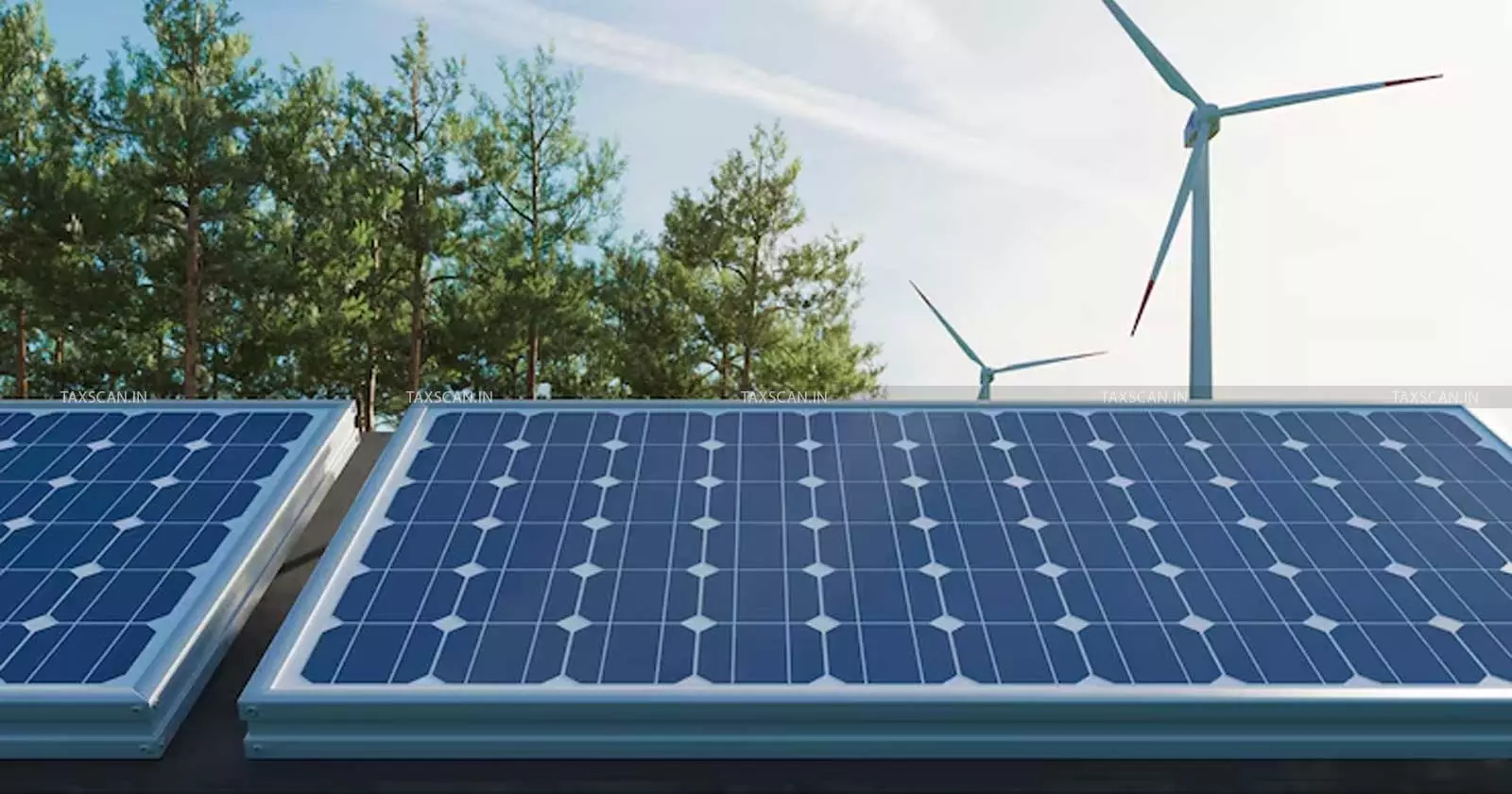Steps towards Greener Taxation: MoS Finance clarifies GST on Renewable Energy Devices
The statement comes amid industry confusion over the correct levy applicable to solar panels, biogas plants, windmill components, and EV insurance.

In a detailed Rajya Sabha reply answered on July 22, 2025, Minister of State for Finance Shri Pankaj Chaudhary clarified that the GST rate on specified renewable energy devices is 12% not 5% as previously believed and confirmed that electric vehicles attract a 5% GST with a 15% lower third‑party insurance premium.
The clarification followed Unstarred Question No. 258, tabled by Shri Yerram Venkata Subba Reddy in the Rajya Sabha, which asked whether renewable energy devices such as solar panels, biogas plants and windmill components attracted only 5% GST, and whether electric vehicles benefited from a 5% GST rate and a 15% discount on third‑party insurance premium.
GST Rulings Change Fast! Stay updated, stay compliant! Click here
Chaudhary explained that GST rates and exemptions are prescribed on the recommendations of the GST Council a constitutional body composed of Union and State/UT Government representatives and that specified renewable energy devices, including solar panels, biogas plants and windmill components, are subject to a 12% levy rather than the 5% slab cited.
On electric vehicles, he affirmed that the GST rate stands at 5%. Moreover, under the Motor Vehicles (Third Party Insurance Base Premium and Liability) Rules, 2022, notified by the Ministry of Road Transport and Highways on May 25, 2022, the base premium for EV third‑party insurance has been set 15% lower than for comparable conventional fuel vehicles
GST Rulings Change Fast! Stay updated, stay compliant! Click here
The GST Council periodically reviews sectoral rates to balance revenue objectives with policy priorities, including the government’s push towards cleaner energy and reduced carbon emissions. Its constitutional status ensures that both the Centre and States have a say in determining rates that align with India’s climate and energy goals. This collaborative model ensures that any change reflects both national energy policy and local fiscal realities.
Stakeholders in the renewable energy sector have welcomed the clarification, noting that certainty on tax treatment is crucial for investment and pricing decisions. While some manufacturers said the 12% rate on components may slightly raise upfront costs, they appreciated the uniform benchmark it provides across jurisdictions, reducing the risk of state‑level rate discrepancies.
GST Rulings Change Fast! Stay updated, stay compliant! Click here
Financial analysts and rating agencies also commented that the clarified tax treatment would mitigate risks associated with billing disputes and reduce litigation over classification of renewable equipment, thereby accelerating project timelines. They added that clearer rates could lower financing costs for developers, as lenders gain greater confidence in revenue projections for solar, wind and biogas projects.
With the next GST Council meeting scheduled in the coming weeks, industry representatives are expected to press for additional concessions for emerging green technologies such as energy storage systems and hydrogen production equipment, as India accelerates its transition to a low‑carbon economy.
Support our journalism by subscribing to Taxscan premium. Follow us on Telegram for quick updates


